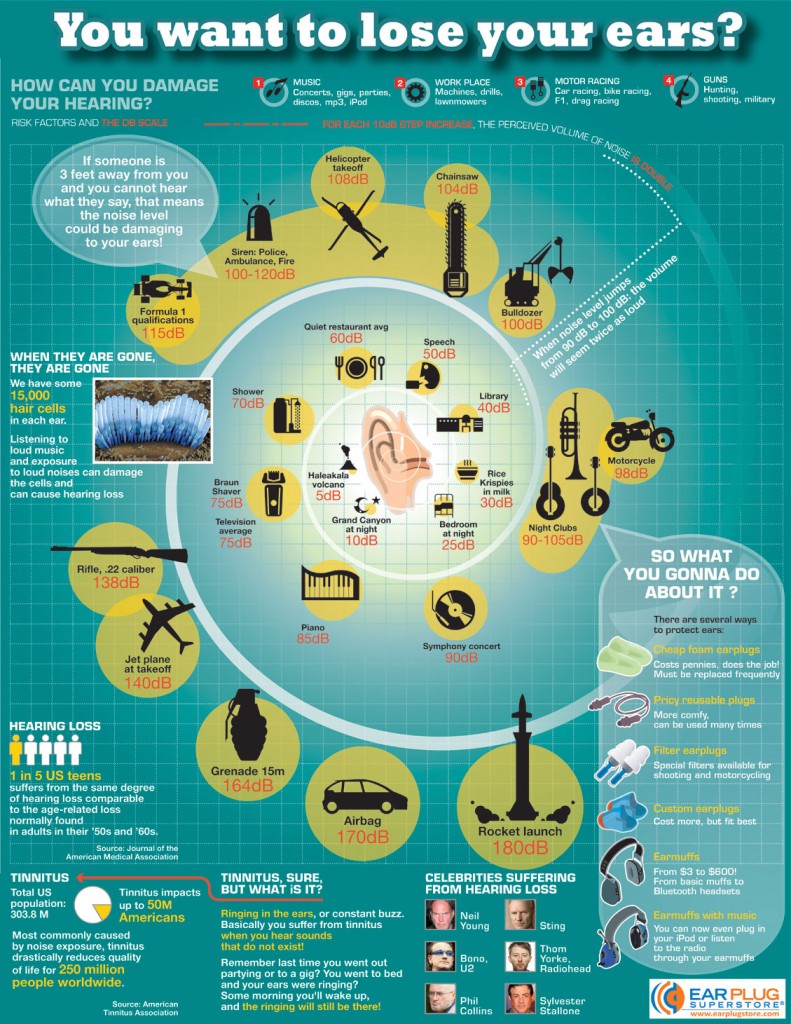Hearing Loss in Children & Speech Intelligibility: Is Integration Right for Your Child?
Hearing loss in children necessitates close collaboration with teachers, the special education team, and speech therapists. If you’ve been dealing with speech therapy and special education for a while now, you’re probably already familiar with the concept of integration in the classroom. Some children might head to the special resources room for speech therapy and similar sessions during the school day, for example, while others remain in the classroom for speech therapy in that setting. In the latter case, a speech therapist or aide will work with the child as he participates in classroom activities, and the speech therapist will also work closely with the teacher. Still other children are taught exclusively in special needs groups or schools. The important thing to remember with all these different models is that there is no “one size fits all” solution. Your child is unique and has his own unique needs. So it’s critically important to work with the Individualized Education Program (IEP) team to determine what suits your child best.
A recent study examined hearing loss in children. These kids were integrated into a typical classroom. The researchers who were involved in the study wanted to determine the effects of hearing loss in children on social competence and inclusion.
The Study
Professor Tova Most from Tel Aviv University and her co-workers published the study in the Journal of Deaf Studies and Deaf Education. They evaluated children with hearing loss in a regular classroom (one child with hearing loss per classroom) and children in group inclusion (where several children with hearing loss are in a regular classroom). The children, 64 of them in total, were between the ages of four and seven. Twenty-two children were in individual inclusion and 42 were in group inclusion. The researchers evaluated the social competence (perceived loneliness) of the children through the lens of their speech intelligibility.
The Results
The results of the study are a little bit complex. For starters, the researchers found that in general, the children who were in individual inclusion were typically more socially competent than those in group inclusion. However, speech intelligibility was more critically important for individual inclusion. Those with reduced speech intelligibility were less socially competent in individual inclusion than in group inclusion. And bear in mind that social competence is not only important for a child’s emotional well-being, but it also lends itself to successful classwork and group work. If a child feels like an outcast because of a disability, his academic progress may suffer.
Conclusions
All that research is helpful to think about, but what does it really mean for your child? Remember that you know your child best, and if you feel that he would do better in one setting over another, insist upon that in the IEP. It’s okay if it takes a little trial and error – remember that you can request an IEP review and modification at any time if your child would rather try something different. And keep a regular line of communication with the teachers to assess how your child is integrating into the classroom.
Another takeaway from this research is that is does stress the importance of speech development and intelligibility for children with hearing loss. If you suspect that your child might have hearing loss, have him evaluated sooner rather than later. The earlier speech therapy is begun, the better the outcomes will be. There are so many tools for treating hearing loss in children these days. In particular, they tend to struggle with articulation. Speech Buddies are nifty little devices for helping a child learn proper articulation, even if he struggles to hear what he’s saying.




This is so interesting. I will definitely be more aware of what sound levels my child is exposed to.